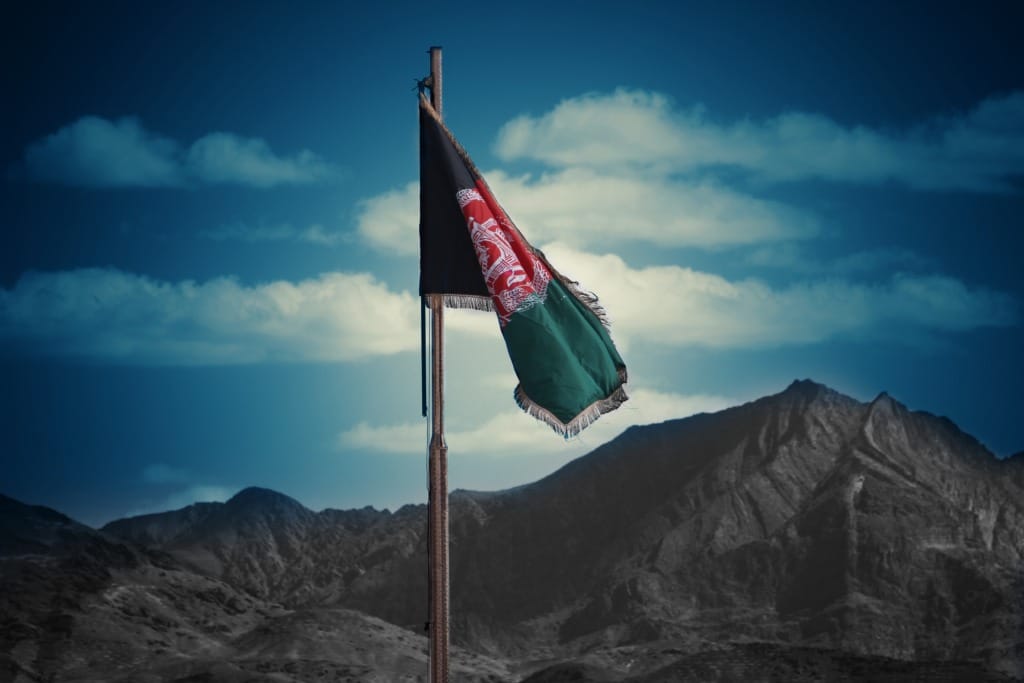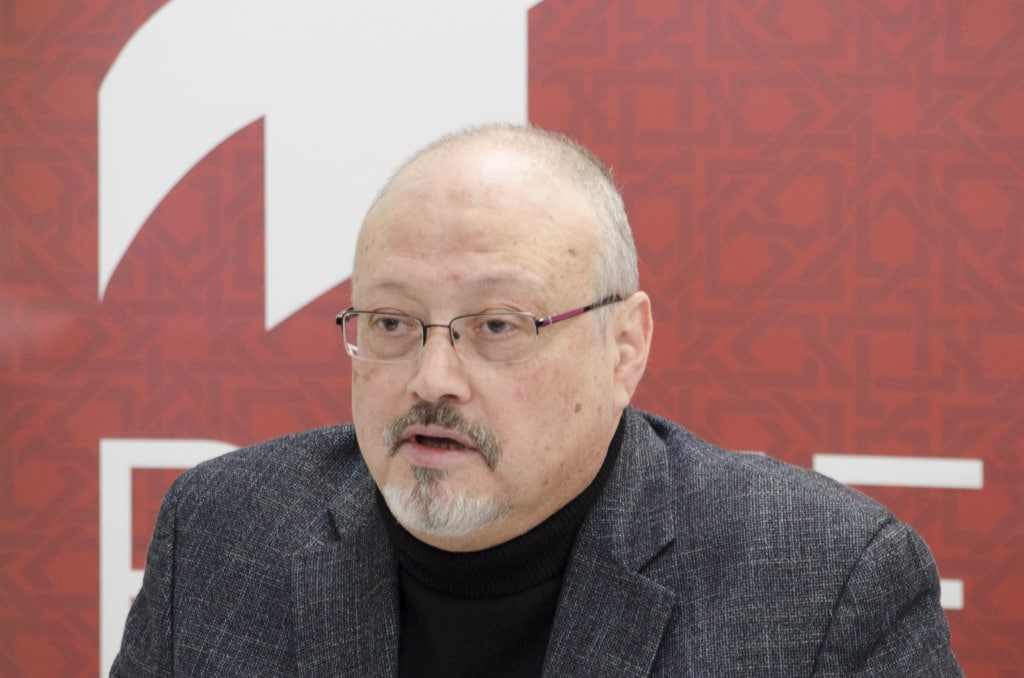TLB’s Top Ten Posts in 2022
As 2022 draws to a close, so too does the first year for TLB. We began blogging in late March. Since then, we have published nearly two hundred posts by more than fifty authors. Here are TLB’s top ten posts, by number of views, in 2022. (1) Maggie Gardner, U.S. Courts Gut Key Provision of…
Continue ReadingThrowback Thursday: Blackmun’s Prescient Dissent in Aérospatiale
In Société Nationale Industrielle Aérospatiale v. U.S. District Court (1987), the Supreme Court held that U.S. courts need not treat the procedures set forth in the Hague Evidence Convention as the exclusive or even the primary means for managing discovery of evidence located abroad. Four justices dissented in part in a remarkably prescient opinion authored…
Continue ReadingOral Argument in Doe v. Apple
Last week, the D.C. Circuit heard oral argument in Doe v. Apple, a case brought by victims of forced labor and human trafficking against five U.S. technology companies. The plaintiffs are children or family members of children who were injured or killed mining cobalt in the Democratic Republic of the Congo. The defendants—Apple, Alphabet, Microsoft,…
Continue ReadingNew Paper on Bias in Choice of Law
Dan Klerman has a new paper, Bias in Choice of Law: New Empirical and Experimental Evidence, that seeks to determine the extent to which U.S. courts exhibit bias when applying modern choice-of-law rules. The paper draws upon a dataset of choice-of-law cases involving automobile accidents decided between 1963 and 2018 and relies on regression analysis…
Continue ReadingThe Fate of the Afghan Central Bank Assets – State of Play
Afghanistan is experiencing a humanitarian and economic crisis following the Taliban’s return to power in the wake of the U.S. withdrawal of forces in August 2021. As previously covered on TLB (and on Lawfare), the U.S. government has frozen roughly $7 billion in assets held by Afghanistan’s central bank, Da Afghanistan Bank (DAB), that were…
Continue ReadingDistrict Court Dismisses Killing Claims Against MBS
Yesterday, the District Court for the District of Columbia (Judge John Bates) dismissed a lawsuit brought by Democracy in the Arab World Now (DAWN) and the widow of journalist Jamal Khashoggi, who was brutally murdered by security agents at the Saudi embassy in Istanbul. The plaintiffs sued Saudi Crown Prince Mohammed bin Salman (MBS) and…
Continue ReadingThe FSIA “Two Step”—Venue in Enforcement Actions Against Foreign States
When a party holding a foreign judgment or arbitral award wants to enforce the judgment or award against assets in the United States, it normally brings an enforcement action in the jurisdiction where the assets are located. But when the judgment debtor is a foreign state, the venue provision of the Foreign Sovereign Immunities Act…
Continue ReadingThe Executive Does Not Control Common Law Immunity
A previously reported on TLB, the Supreme Court granted certiorari in Türkiye Halk Bankasi, A.S. v. United States, to decide whether a bank owned by Turkey is entitled to foreign state immunity from federal criminal prosecution. Halkbank was indicted for evading sanctions against Iran. Both lower courts denied immunity to Halkbank, reasoning in part that…
Continue ReadingSolicitor General Recommends Denial of Cert in NSO v. WhatsApp
On November 21, the Solicitor General (SG) filed a brief recommending that the Supreme Court deny cert in NSO Group Technologies Ltd. v. WhatsApp Inc. NSO, an Israeli company that makes surveillance technology, claims that it is entitled to immunity from suit under federal common law because it acted as the agent of foreign states….
Continue Reading





